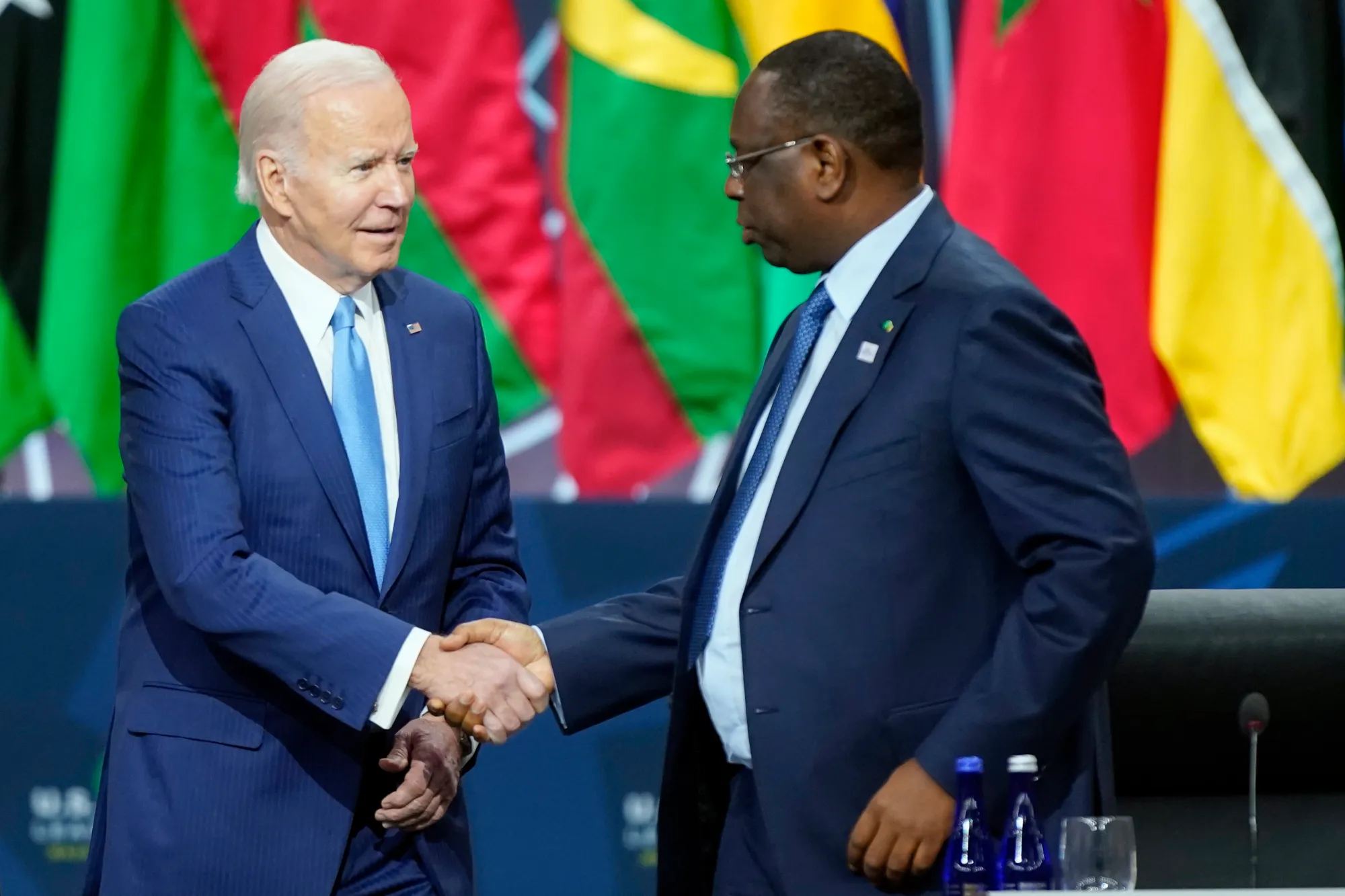
President Joe Biden began his long-awaited trip to Africa on Sunday, visiting Angola to underscore U.S. efforts in countering China.
At the heart of the visit is the Lobito Atlantic Railway (LAR), a U.S.-backed project connecting the Democratic Republic of Congo (DRC) and Zambia to Angola’s Lobito port. This initiative promises a streamlined route for exporting critical minerals like copper and cobalt to Western markets.
Partially funded by a $550 million U.S. loan, the project symbolizes Washington’s bid to reduce China’s dominance in Africa’s mining sector. Beijing remains a powerful force in the DRC, which is home to vast reserves of minerals essential for batteries and electronics.
China recently revived a competing railway project with Tanzania and Zambia, intensifying the geopolitical contest for African resources. Biden’s visit comes as his presidency nears its end, but his administration hopes the railway will signal a sustained U.S. commitment to Africa.
During his two-day visit, Biden will tour the Lobito port and Angola’s slavery museum in Luanda. He also plans to meet Cape Verde’s president during a brief stopover. Angola, historically aligned with China and Russia, has been pivoting toward Western partnerships to fuel economic growth.
“This railway could be transformative, attracting broader investments and connecting vital supply chains,” Angola’s transport minister, Ricardo Viegas d’Abreu, noted.
Critics question the railway’s timeline and whether its goals are achievable. A proposed extension to Tanzania’s eastern coast, potentially benefiting China, has added scrutiny.
Despite these challenges, Biden’s administration views the LAR as a prototype for future U.S.-Africa infrastructure collaborations. “The Congolese want diverse mining partners, and this project aligns with that vision,” said Judd Devermont, a former U.S. Africa adviser.
Biden’s visit marks a pivotal moment in U.S.-Angola relations, reflecting efforts to rebuild ties after decades of historical tensions. For Washington, this trip is more than diplomacy—it’s a strategic gamble to reshape Africa’s economic landscape.
